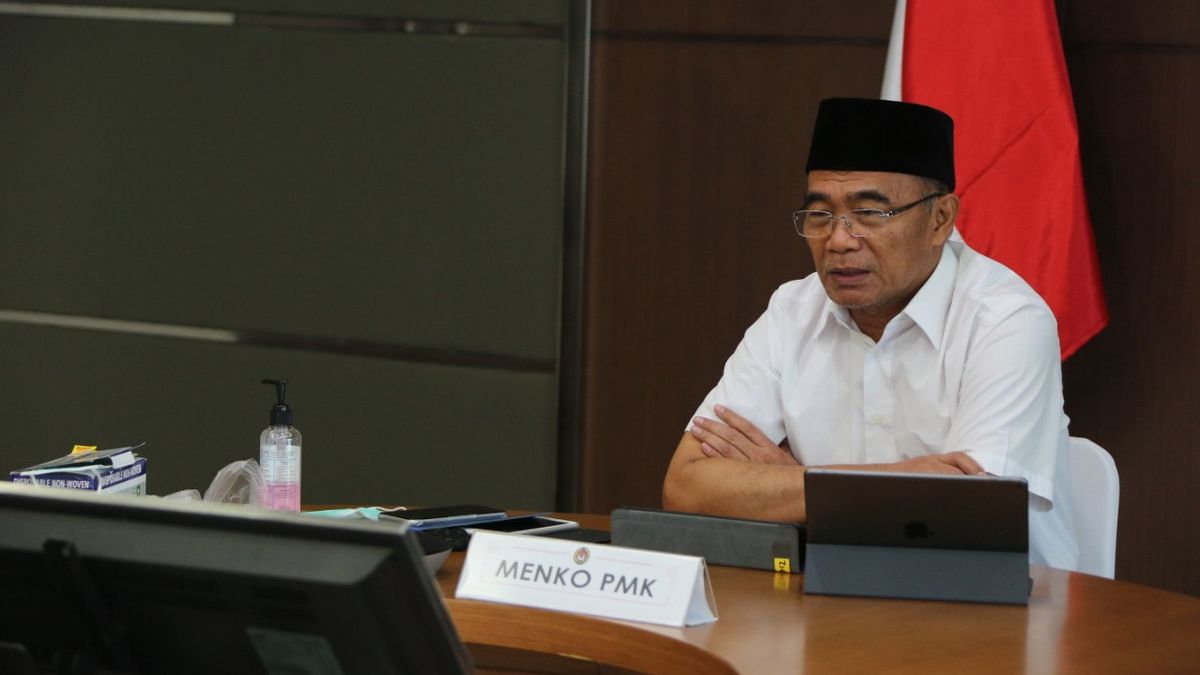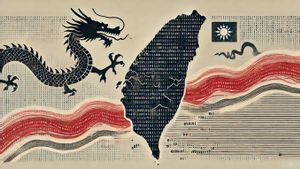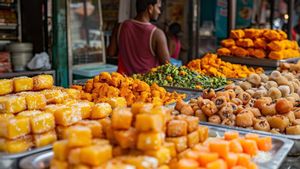JAKARTA - The Coordinating Minister for Human Development and Culture (MenkoPMK) Muhadjir Effendy asked the public to understand that there were data errors in the distribution of social assistance during the early days of COVID-19.
The mistake, he said, occurred because President Joko Widodo wanted the affected people to immediately receive assistance from the government.
"Waiting for the data to be tidy until the person dies because of starvation. The data is not neat. Well, we have to go with the existing data and we trust RT and RW," Muhadjir said in a discussion that was broadcast online Tuesday, June 9.
President Jokowi, continued Muhadjir, even asked that there be no need for data verification again at the district / city level. According to him, President Jokowi ordered the provision of social assistance to be given as effectively as possible to people in need.
"The main thing is that the village head directly consults the village. So it is agreed that this should be assisted, yes, assisted," he said.
So, he does not deny that there are issues that arise if the social assistance data is not right on target. This is because the government has focused on handing over this assistance to the community from the start, rather than fixing existing data.
Furthermore, after all social assistance has been distributed, the government will only focus on improving the data on social assistance recipients.
The government has tried to improve this data before the outbreak of COVID-19. However, these improvements have not been completed because COVID-19 is rapidly hitting Indonesia and has an economic impact on society.
With this data improvement, it is hoped that the distribution of social assistance will be more targeted towards those in need. "Now we are starting to tidy up the data and now we have a scheme," said Muhadjir.
"So later we will fix the data. Hopefully the next round will be more on target," he added.
The government extends the distribution of social assistanceThe government has extended the distribution of social assistance (bansos) to people affected by the COVID-19. However, its value is diminishing. This regulation is contained in the national economic recovery program (PEN) with the aim of supporting people's purchasing power which has declined due to many factors.
Minister of Finance Sri Mulyani Indrawati said the budget prepared by the government in the PEN program was IDR 178.9 trillion which includes the Family Hope Program (PKH), Basic Food Cards, Discounts and Free Electricity, Village Fund Direct Cash Assistance (BLT), Jabodetabek and non-Jabodetabek social assistance. and Pre-Employment Cards.
Sri Mulyani explained that the social assistance that has been provided in the form of basic necessities will also be extended until the end of 2020 or December for the Jabodetabek area.
"However, from July to December the benefits will drop from Rp. 600 thousand to Rp. 300 thousand per month," he said, in a virtual press conference, Wednesday, June 3.
Furthermore, Sri said, 9 million recipients of aid from non-Jabodetabek areas would also be extended until December. However, in the July-December period, the value of benefits also decreased from IDR 600 thousand to IDR 300 thousand per month.
"The President also decided that the distribution of social assistance will be carried out in cash and non-cash. There will be transfers to the name of their account funds in accordance with the data at the Ministry of Social Affairs or in cooperation with the local government," he explained.
Meanwhile, Sri Mulyani revealed, the current Village Fund BLT will also be extended until September 2020. However, in the July-September period the value of the benefits will be reduced from IDR 600 thousand to IDR 300 thousand.
As for the details of the aid budget, namely, the total BLT Village Fund will reach IDR 31.8 trillion, while for non-Jabodetabek cash assistance the total will be IDR 32.4 trillion, and Jabodetabek social assistance a total of IDR 6.8 trillion.
"From the data obtained from the integrated data, the majority of social assistance recipients are farmers, breeders and planters as many as 18.4 million. Then traders and private sector workers are 4.2 million, construction workers 3.4 million, factory workers 3.3 million. , 1.3 million drivers and communication workers, nearly 900 thousand fishermen, and other sectors, "he concluded.
The English, Chinese, Japanese, Arabic, and French versions are automatically generated by the AI. So there may still be inaccuracies in translating, please always see Indonesian as our main language. (system supported by DigitalSiber.id)










